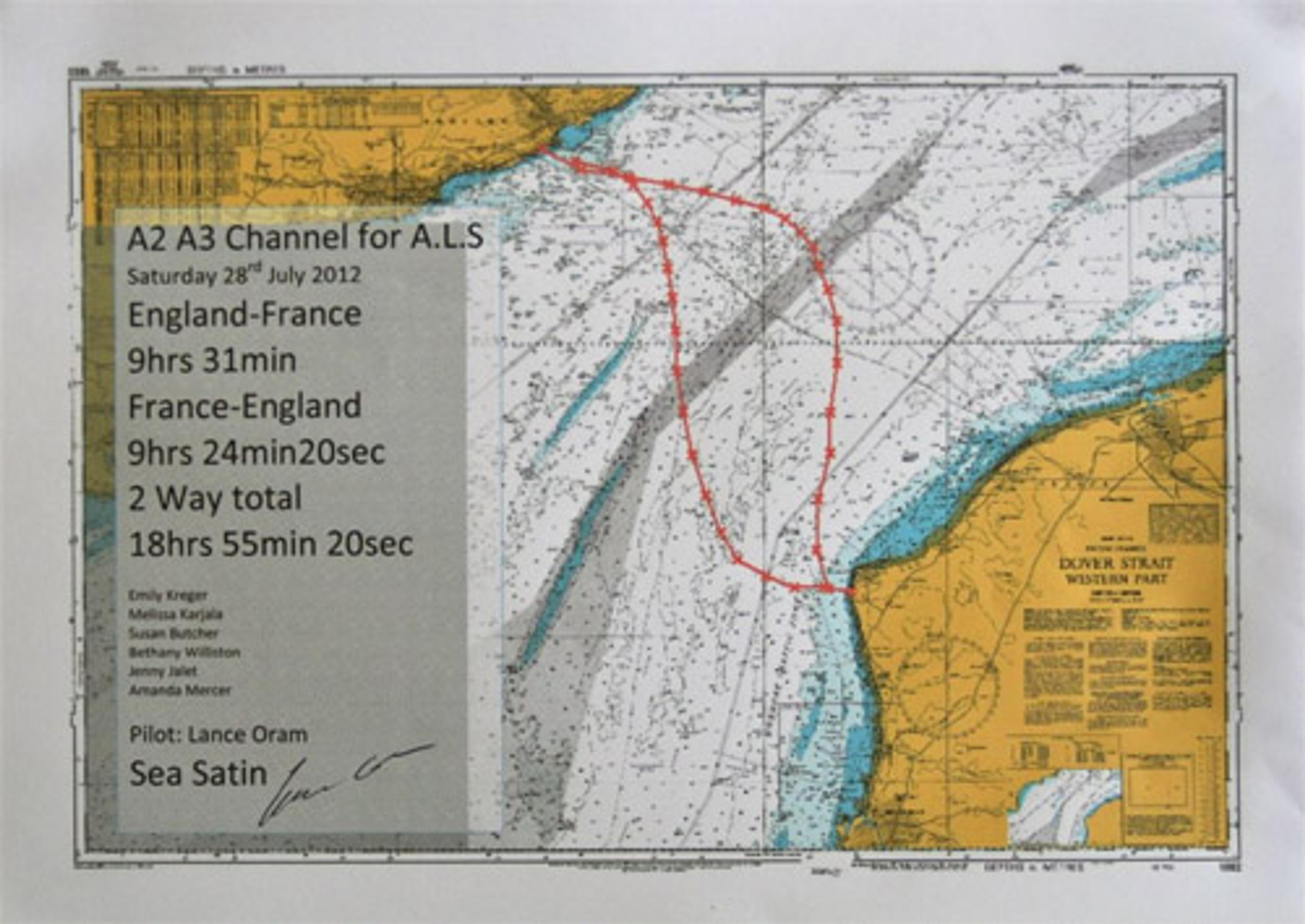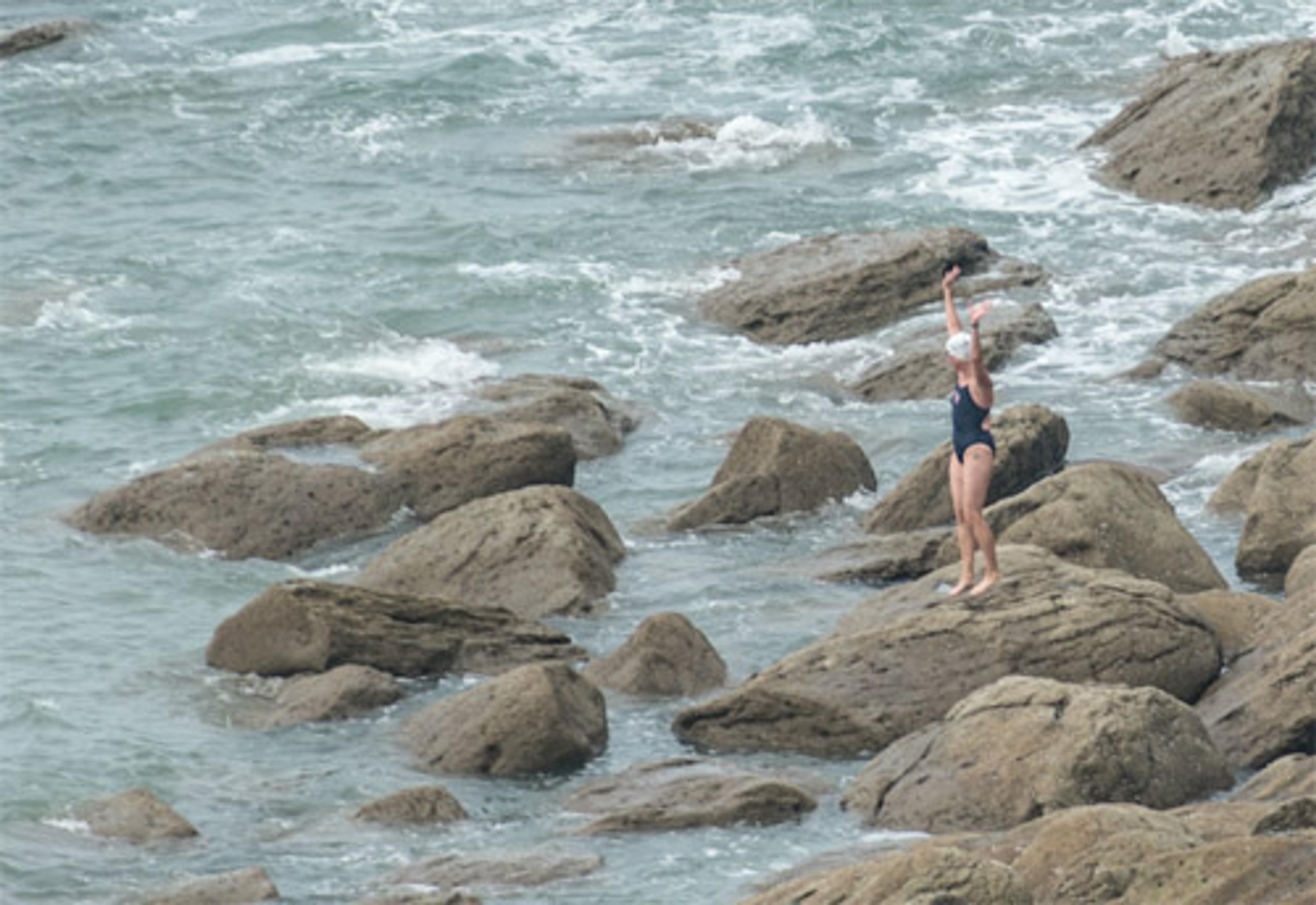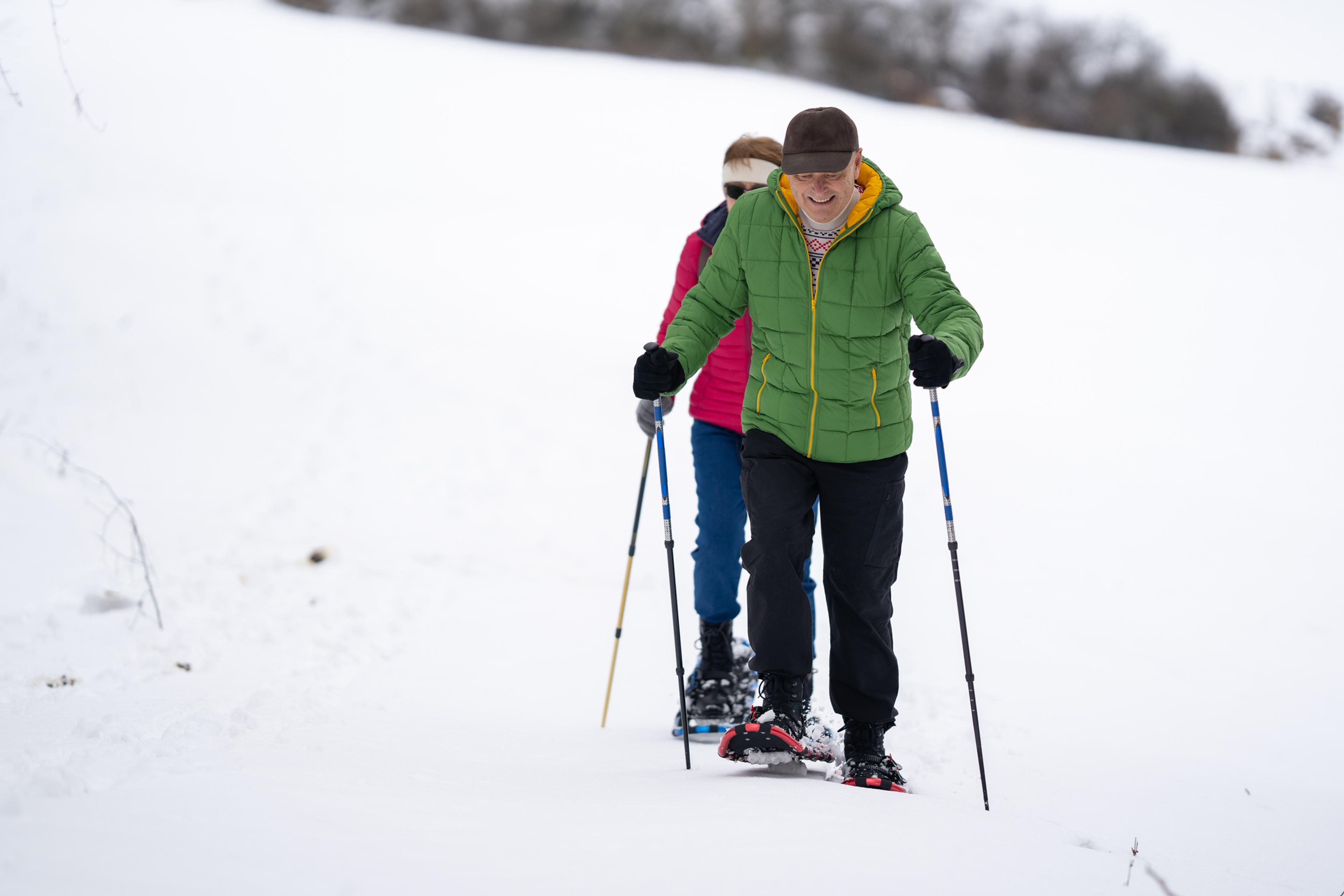‘Unreal’: Ann Arbor ALS swimmers break world record for 2-way English Channel crossing
Sven Gustafson
| 4 min read

A couple of weeks ago, we wrote about a group of six Michigan women who were attempting to break the world record for a two-way crossing of the English Channel in a bid to raise money for ALS research. Well, they succeeded, swimming from England to France and back again in 18 hours, 55 minutes and 20 seconds.
Along the way, the swimmers have raised more than $83,000 to fund research into ALS, a degenerative, fatal ailment commonly known as Lou Gehrig’s disease.
The relay team beat the old record for the 42-mile swim, set in 2007, by four minutes. How did it feel?
“Unreal. Just absolutely unreal,” said Bethany Williston, a 41 year-old Ann Arbor resident who swam for Yale University from 1989-93. “We were jumping up and down cheering. We’re 32 to 44 years old. It’s just a very bizarre thing to happen at this point in our lives. It’s taken quite a while to let things sink in.”
The team, which calls themselves 6 Ladies from A2 on Twitter, made their swim July 27-28, during the opening ceremonies of the 2012 Olympic Games in nearby London. They stayed for two weeks in a rented home in Walmer, England and swam an hour each morning and a half-hour every night to get acclimated to the cooler weather and cold water.
All told, the swimmers trained for two years in preparation for the swim.
[blackbirdpie url=”https://twitter.com/OWSwimming/status/229986910196617216″]
In the months leading up to the attempt, the women, who all work jobs and raise children, were squeezing in as many two-a-day swims as they could, meeting for nighttime workouts in Silver Lake near Pinckney and cold water open swims on Lake Huron.
One of the team members, Amanda Mercer, a former member of the Michigan State University swim team, was diagnosed with breast cancer earlier this year and is has been undergoing chemotherapy. She completed all three of her legs.

Bethany Williston stands on the rocky shore of France.
The money the team continues to raise will benefit Ann Arbor Active Against ALS, a nonprofit that sponsors races and other events to raise money for ALS research and promote physical activity. The organization was formed by friends and colleagues of Bob Schoeni, a University of Michigan professor and youth athletics coach who has ALS.
Williston said the team had a sense early on during the crossing that it had a good chance of breaking the record. For starters, their boat captain was Lance Oram, who piloted the group of Mexican swimmers who broke the record in 2007. He started doing the math after the first two swimmers, Emily Kreger and Melissa Karjala, finished their legs.
The team reached Cap Gris Nez, France in roughly 9 hours 30 minutes, compared to the record team’s 10 hours. And the return trip to Dover, England usually went faster, Oram explained.
They finished their swim around 1 a.m., wearing glow sticks fastened to the backs of their swimsuits or caps. The record has been recognized by the Channel Swimming & Piloting Federation.
“We were all hugging each other, jumping up and down, so happy, then we went back to where our stuff was in Dover harbor, the husbands and boyfriends were there,” Williston said. “Jenny (Jalet)’s husband did that thing with champagne where you put your thumb over it and shake it all over. But honestly, we were exhausted.”
Each of the women — Williston, Mercer, Kreger, Karjala, Jalet and Susan Butcher — swam three, one-hour legs. Kreger, the fastest of the six, swam the last 55 minutes for her fourth leg. Despite having to spend much of the week leading up to the event resting from medication, Mercer forged on. “She’s just amazing,” Williston said.
Seasickness was a big problem, as was the cold water. Official rules stipulate that swimmers attempting records not use wetsuits; Williston said she hyperventilated two of the three times she entered the water.
“I think the hardest thing was doing three really hard, fast swims when you were tired and didn’t feel well,” Williston said. “But we did. We all peaked that day. How I swam in practice was nothing compared to how I swam in the channel. I swam way faster in the channel. We all did.”
You can make a donation to A2A3 to fight ALS here.
Photos by Kurt Stepnitz of Michigan State University, via Twitter





